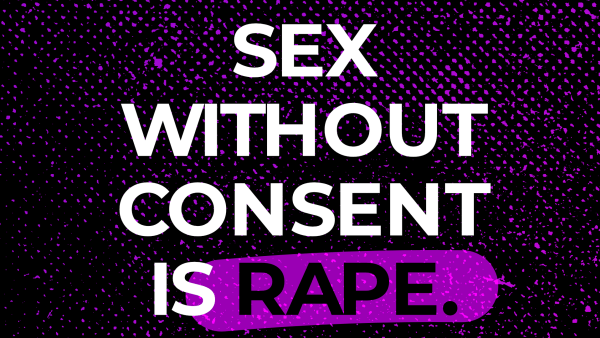Following the Council’s agreement, the European Parliament’s women’s rights and gender equality (FEMM) and legal affairs (JURI) committees will now vote on Wednesday on the negotiating mandate for the so-called Women on Boards Directive, which aims to improve gender balance among non-executive directors of companies in Europe. While the S&Ds are extremely happy with this positive development, we have been advocating for progress on the directive for a decade now. After years of resistance in a conservative-dominated Council, the directive was unblocked by member states shortly after a new progressive German government was formed.
Both S&D rapporteurs (Evelyn Regner in FEMM and Lara Wolters in JURI) have committed to starting negotiations with the Council as soon as possible and to making sure the directive will make a concrete difference and enter into force without any further unnecessary delay.
The Women on Boards Directive introduces an open and transparent procedure to reach a minimum of 40% of women on non-executive boards of EU companies, with sanctions for those companies failing to take the action necessary. The European Commission presented the proposal back in 2012, the European Parliament adopted its position in 2013 and, until yesterday, it was blocked by a minority in the Council.
Evelyn Regner MEP, the European Parliament’s negotiator on the Women on Boards Directive in the women’s rights and gender equality committee, said:
“As Parliament’s co-rapporteur on the women on boards file since the beginning in 2012, I have been pushing for this change for almost 10 years. More than enough studies have shown that gender balance and diversity in companies and especially on boards are essential for innovation, economical success and overall resilience – goals for companies that are even more relevant in these challenging times. But we also know that nothing will be achieved voluntarily. Binding measures are needed in all EU countries to guarantee that women are equally represented on company boards. It is high time that the Council understand this too and join the Parliament in taking a simple but significant step in the right direction.
Lara Wolters MEP, the Parliament’s negotiator on the Women on Boards Directive in the legal affairs committee, said:
“Unequal treatment is a daily struggle for many women in the workplace, especially for those aspiring to senior roles. For many years we have fought to bring Europe’s corporate world out of the dark ages. This week’s vote is a milestone and a clear sign that progress can and still needs to be made. With binding measures to increase the number of women on boards, we can finally make sure European companies are diverse not just at the top, but trickling down to more women in management and overall, which is good for women and for companies. Having more women sitting around the board room table, being heard and shaping important decisions, also sends a strong message that corporate culture in Europe is changing for good.”
Note to editors:
The most recent figures published in December 2021 by the European Institute for Gender Equality show that the share of women on the boards of the largest publicly listed companies in the EU has increased to 31.3 % from 11.9 % in 2010. However, seven in 10 board members are still men. The gap is even bigger if we take into account just CEOs, both executives, non-executives, with 79.2 % men and just 20.8 % women.











